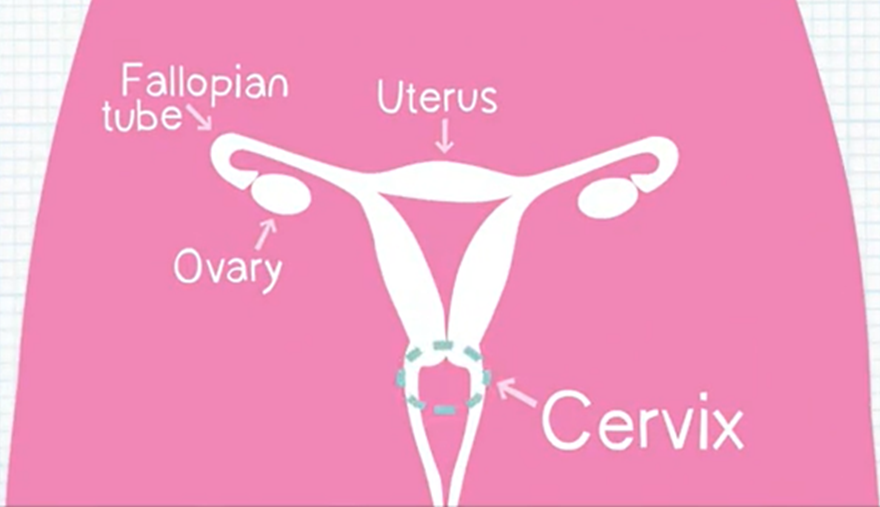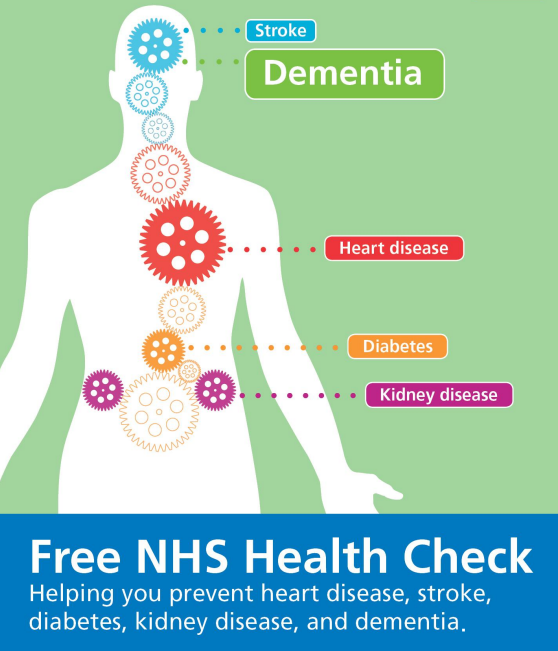We provide various beneficial screening services:
Breast Screening (Mammogram)
Breast Cancer: What You Need to Know
Breast cancer is the most common cancer in the UK, mainly affecting women over 50, but it can occur at any age — and in rare cases, in men too.
Breast screening (mammograms) can detect cancer before you notice any symptoms, often when it’s easier to treat and less likely to spread. Early detection greatly improves survival rates. If you’re aged 50–70, attend your screening invitation every 3 years — it could save your life.

Common Symptoms
- A new lump in the breast or armpit
- Changes in breast size, shape, or skin
- Nipple discharge, inversion, or rash
- Persistent breast or armpit pain
If you notice any changes, contact Shifa Surgery — early detection saves lives.
Screening & Diagnosis
Women aged 50–70 are invited for NHS breast screening every 3 years. Tests may include a mammogram, ultrasound, or biopsy if needed.

Treatment
Treatment depends on the type and stage of cancer and may include surgery, radiotherapy, chemotherapy, or hormone/targeted therapies.
For More Information watch this video:
For detailed support and up-to-date guidance, visit:
Breast cancer | Cancer Research UK, Breast cancer in women – NHS, Breast Cancer UK | Reduce Your Risk
For FAQ’s, please follow the below link
Bowel Screening
Bowel cancer (also called colorectal cancer) is one of the most common cancers in the UK. It mostly affects people over 50, but younger adults can be affected too
Common Symptoms
- Blood in your poo or rectal bleeding
- A persistent change in bowel habits (e.g. looser stools, going more often)
- Unexplained weight loss
- Tummy pain or bloating
- Feeling very tired without reason
These symptoms don’t always mean cancer, but it’s important to get checked.
Screening & Diagnosis
- Everyone aged 60 to 74 is automatically invited every 2 years
- Unexplained weight loss
- Adults aged 75+ can still take part by requesting a test kit
- Tummy pain or bloating
- Some people aged 50–59 are also being invited as the programme expands
- Feeling very tired without reasons
Treatment
Treatment options depend on the stage of cancer and may include surgery, chemotherapy, radiotherapy, or targeted therapies.
More Information, watch this video Bowel cancer screening
For more details, support, and guidance, visit: Bowel (colorectal) cancer | Cancer Research UK , Bowel cancer – NHS , Bowel cancer screening | Bowel Cancer UK | Bowel Cancer UK
Cervical Screening
Cervical Screening (Smear Test): What You Need to Know
Cervical screening (also known as a smear test) checks the health of your cervix — the opening to your womb. It’s not a test for cancer, but it helps prevent it by finding and treating abnormal cells early, before they turn into cancer.

Who Should Get It?
- Women and people with a cervix, aged 25 to 64
- Every 3 years (ages 25–49) and every 5 years (ages 50–64)
- However, if you aged 25-49 and test negative for HPV, you will be invited every 5 years rather than 3
- Even if you feel healthy or have had the HPV vaccine you’ll be invited by the NHS when your test is due.
What to Expect:
- A nurse takes a small sample of cells from your cervix (takes just a few minutes)
- It may feel a little uncomfortable, but it should not be painful
- The sample is checked for high-risk HPV and abnormal cells
Why It’s Important

Cervical cancer is often preventable, and screening saves thousands of lives every year. The test can detect early changes before they become serious.
Many people delay or avoid the test — but it’s quick, free, and can be lifesaving.
Video Links : ACOG Explains: Cervical Cancer Screening https://www.jostrust.org.uk/wp-content/uploads/2025/06/cervical-screening.mp4
For more information, visit:
Cervical screening (smear test) | Jo’s Cervical Cancer Trust
For FAQ’s, please follow the below link
NHS Health Checks
The NHS Health Check is designed for adults aged 40 to 74. It is a check of the health of your heart and blood vessels (cardiovascular health). It can tell you whether you’re at higher risk of getting certain health problems, such as:
During the check-up you’ll discuss how to reduce your risk of these conditions.
If you have any of the listed conditions, you should have regular check-ups with your healthcare team for ongoing monitoring and care.

What Happens at the Appointment?
The 20–30 minutes check includes:
- Blood pressure and cholesterol checks
- Weight and BMI
- Lifestyle questions (smoking, exercise, diet)
- A diabetes risk assessment
- You’ll also get tailored advice to reduce your risk and stay healthy.
Why It’s Important
Many serious health problems don’t cause symptoms until it’s too late. This check helps you:
- Understand your risk
- Catch warning signs early
- Make simple changes to protect your future health
Don’t Put It Off — It’s Quick, Free & Could Save Your Life
- Men in particular are less likely to book in — but just one short appointment can make a real difference.
For more information, visit: NHS Health Check – NHS.uk
Prostate Screening
Our practice is currently offering a screening test for prostate cancer.
You are at higher risk of prostate cancer if you:
- are aged 50 or older
- have a close relative, for example brother or father who has had prostate cancer
- are of Black ethnic origin (double the risk)
The prostate specific antigen (PSA) test is a blood test that can help diagnose prostate problems, including prostate cancer.
This screening blood test can be done at our surgery. If you would like to book in or receive more information, please contact the surgery.
Abdominal Aortic Aneurysm (AAA) screening
Abdominal aortic aneurysm (AAA) screening is done to check if there are any swellings (aneurysms) in the main blood vessel in your tummy (abdomen), called the aorta. The aorta runs from your heart down to your abdomen. It can be life-threatening if it bursts.
Who Should Get It?
- All men living in England are invited for abdominal aortic aneurysm (AAA) screening the year they turn 65.
- AAA screening is recommended for anyone assigned male at birth. This includes men, trans women and non-binary people.
- You’ll have the AAA screening test once, unless an aneurysm is found.
Men are invited for AAA screening because they’re more likely to have an abdominal aortic aneurysm.
AAA screening is not usually offered to people with a lower risk of getting an abdominal aortic aneurysm, including:
- men under 65
- women
- people who have already had treatment for an abdominal aortic aneurysm
Why It’s Important
- AAAs often have no symptoms until it’s too late
- Early detection can lead to simple monitoring or life-saving treatment
- Most men screened have no aneurysm, but knowing is key
Don’t Ignore Your Invite – It’s Quick, Free & Could Save Your Life
Watch this video: https://www.youtube.com/watch?v=5yliqM7GpvUhttps://www.youtube.com/watch?v=cxg0AbKUakw
To learn more or self-refer, visit: AAA Screening – NHS.ukhttps://www.bhf.org.uk/informationsupport/conditions/abdominal-aortic-aneurysm
